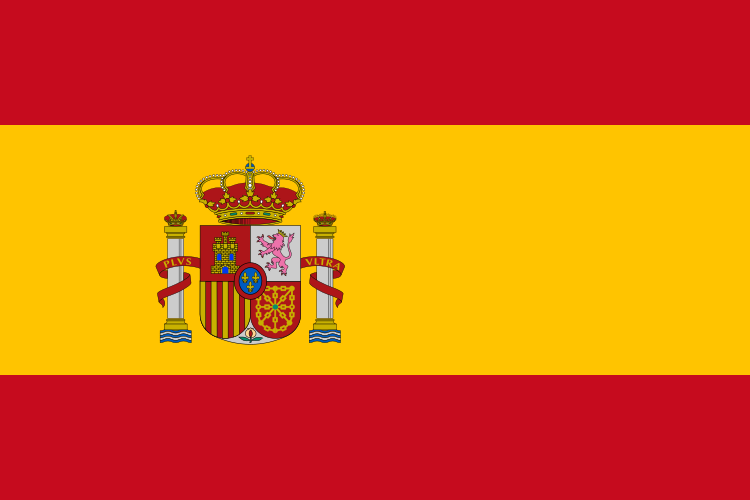As the subprime bubble continues to burst in Spain, locksmiths find
themselves complicit in putting families out on the street. In Pamplona,
the local locksmiths have banded together and will not accept work from
the banks changing locks or opening doors, even though it's costing
them business:
Tired of accompanying court officials to evict unemployed people as
banks foreclosed mortgages, De Carlos consulted his fellow Pamplona
locksmiths before Christmas. In no time at all, they came to an
agreement. They would not do the dirty work of banks whose rash lending
pumped up a housing bubble and then, after it popped, helped bring the
country to its knees.
"It only took us 15 minutes to reach a decision," says De Carlos amid
the racks of keys in the family's shop in the centre of this small
northern city best known for its annual bull-runs and the adoration
heaped on it by Ernest Hemingway in The Sun Also Rises. "We all had
stories of jobs we had been on where families had been left on the
street. When you set out all you have is an address and the name of the
bank, but I recall an elderly, sick man who was barely given time to put
his trousers on."
The logic behind their decision was clear and simple. While Spain's
banks mop up billions of euros in public aid, they are also busy
reclaiming homes that in some cases they lent silly money for. At the
height of Spain's housing madness, banks were, in effect, offering
mortgages of more than 100%. They aggressively chased clients –
especially among the immigrants who arrived from Latin America in their
millions to build new homes – creating an uncontrolled spiral of
self-fulfilling, but ultimately doomed, demand. Complex networks of
guarantors were pieced together by middlemen among immigrants who often
barely understood what they were doing.


No comments:
Post a Comment